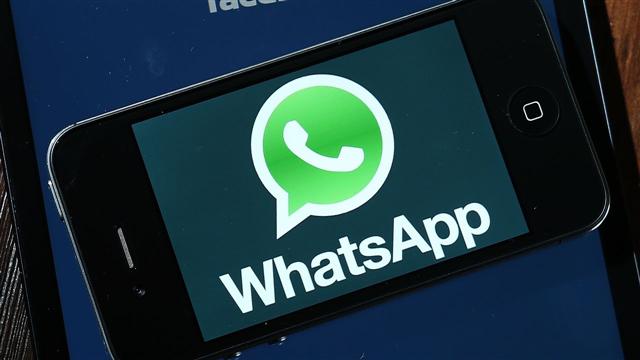Zuckerberg Won Whatsapp in 5 Easy Steps
Mar 06, 2014 02:16

Like a Buzzfeed list on how to win a company, Mark Zuckerberg wooed one of the world's biggest app in five simple steps. You'd be surprise how easy it was. He did it with a combination of flirty emails, whisky and as we know it, billions of dollars.
Forbes takes a look at the relationship between Mark and WhatsApp's Jan Koum before and during the run up to the $19 billion acquisition. Read the whole thing over at Forbes, but essentially it can be summarized in five steps.
Step 1: Flirty messages:
Zuckerberg sent Koum an email in 2012. The subject of the email: "Get together?".
Why this works: The CEO of Facebook emailing you. You just don't ignore that.
Why it may not have worked: Spam?
Step 2: Play hard to get
At first, Koum stalled, and then wrote back that he was traveling and was dealing with server issues. Zuckerberg wrote back and suggested they meet before he left.
Why this works: There's an urgency to meet, you can just read it between the lines.
Why it may not have worked: Considering how Koum made his travel plans according to a frugal nature of buying flight tickets, we don't know what could have happened if he didn't manage to make it to the meeting.
Step 3: Show them respect
When they did meet, Zuckerberg expressed admiration for Koum. Over their meal Zuckerberg said he admired what Koum had built and hinted at his interest in combining their two firms," writes Forbes. "So began the most lucrative two-year courtship in technology history, one in which admiration led to friendship."
Step 4: Start closing the deal
Zuckerberg got wind, just like everyone else, that WhatsApp was talking to Google. He invited Koum over for dinner, and then floated the idea of an acquisition. And then offered a seat on the round table making Koum a board member of Facebook.
Step 5: Get drunk together
When the two finally agreed on the deal, they shook hands, hugged, and Zuckerberg made a forever friend with Koum by whipping out Koum's favorite scotch: Johnny Walker Blue Label. "Zuckerberg remarked it was “f–king exciting."
The article over at Forbes is a good read, and it just goes to show, relationships really do matter, not just how deep your pockets really are.







































































